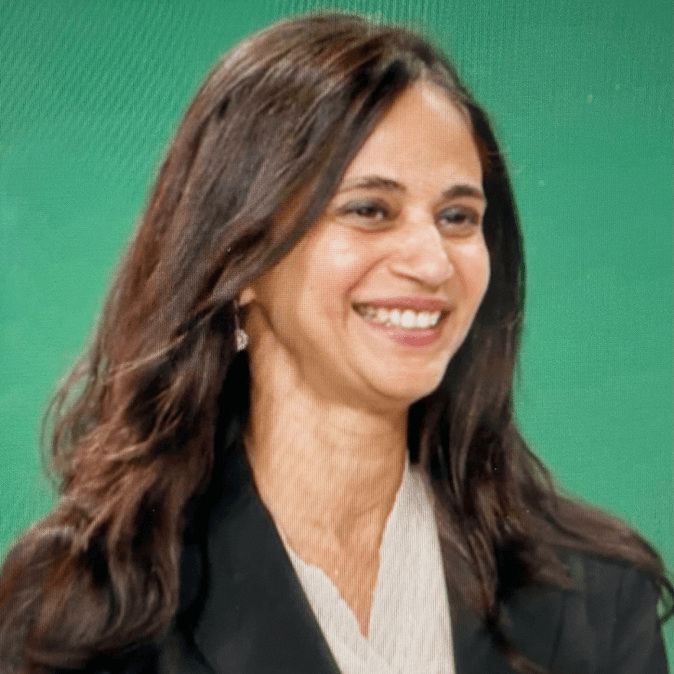
Clean power is crucial to a safe climate
To achieve greenhouse gas reductions in line with the most ambitious goals of the Paris Climate Agreement, 65% of electricity must be carbon-free by 2030, eventually transitioning to net-zero or a carbon-free electricity grid by 2050.
While global renewable energy capacity has grown tremendously in the last two decades, the utilization of renewables in power generation has not reached the scale needed to limit global average temperature rise to 1.5°C. Even though the transition to clean, emissions-free power is still possible, the window for action to avoid catastrophic climate change narrows every day. To succeed, the transition of the global power sector toward clean renewable energy needs to accelerate and scale rapidly.
Fortunately, renewable energy technologies are now cheaper than fossil fuels and there are proven regulatory policies and operational approaches that can effectively integrate large shares of renewable energy into power systems. More importantly, there is growing political will to take these actions. Looking ahead, the challenge is in sharing all of this accumulated know-how with power sector professionals around the world and building their capacity to act on it.
The Clean Power Hub’s role in expanding renewable energy
The Children’s Investment Fund Foundation (CIFF) and ClimateWorks are proud to support the Clean Power Hub, an innovative new platform to enable broader and faster sharing of clean power knowledge and skills.
“The rapid transition to clean power around the world is essential if we are to tackle climate change and deliver public benefits such as air quality,” said Sonia Medina, executive director for climate change at CIFF. “The Clean Power Hub will ensure that the practical tools and steps needed to radically increase the share of renewable electricity in a country are available and accessible to all those who need them, supporting action and accelerating the transition with the aim of creating a climate safe future for children.”
The initiative focuses on defining and streamlining the work that power sector professionals need to do to transition to cleaner power systems and provides free and practical guides on how to get it done. It amplifies the expertise of the world’s leading institutions for clean power technical assistance and capacity development through state-of-the-art online learning and skill-development tools.
The Clean Power Hub helps practitioners to execute the clean power transition, directing them to the resources that advance that work. Throughout these guides, the Clean Power Hub gives its users free access to models, tools, executive education, peer-to-peer communities, and expert consulting services. While much of the Clean Power Hub and its content are globally relevant, its initial geographic focus is Southeast Asia.
“The Clean Power Hub is an excellent, practical new tool,” said Fabby Tumiwa, executive director of the Institute for Essential Services Reform, a leading Indonesian think tank supporting the clean energy transition. “We expect to use the Clean Power Hub to help educate our partners, and our own staff, on the work needed to build a resilient, low-carbon energy system.”
Funding partner
Children’s Investment Fund Foundation
Implementing partners
Propel Clean Energy Partners
National Renewable Energy Laboratory
Grantham Institute on Climate Change and the Environment, Imperial College London
Learn more
Contact us to learn more about the Clean Power Hub.

